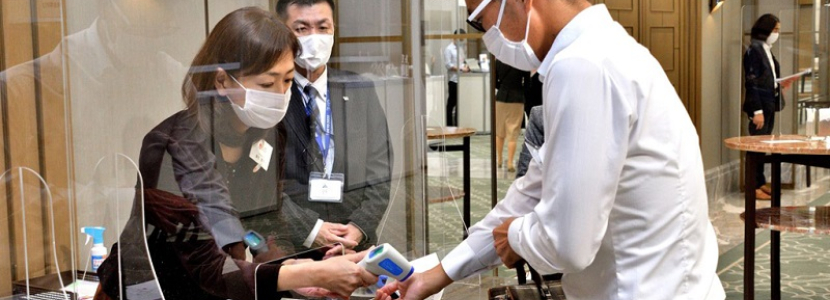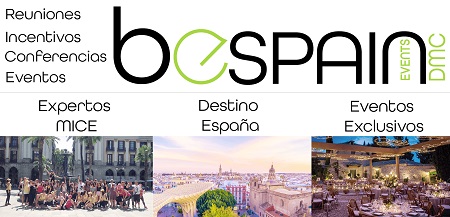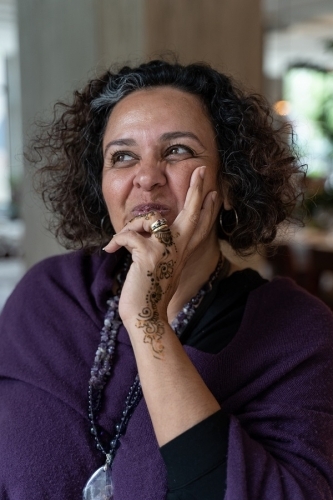
From 19 November there are no restrictions for spaces with a capacity of up to 5,000 people
Japan has resumed events, congresses, conventions and meetings, taking advantage of the health protocols implemented in the country as a reference, within the framework of efforts to contain the COVID-19 epidemic and to guarantee the safety of those attending and participating in these types of meetings.
In the first months of the pandemic, Japan launched a prevention campaign aimed at citizens and companies which encouraged them to avoid '3Cs' (closed, crowded, contacts), i.e. not to expose themselves to closed and crowded spaces, and to maintain social distance. The Japanese government declared a state of emergency between April and May 2020, without confinement to the home, asking citizens to reduce mobility and contacts to the minimum necessary, limitations that were observed by most Japanese, along with the use of masks, a common and widespread social practice.
While Japan continues to work on measures to control subsequent waves of the pandemic, congresses, conventions and meetings have been able to resume by the end of 2020, including large-scale events, thanks to the relaxation of restrictions on the size of events on 19 November. Since that date, there have been no restrictions for spaces with a capacity of up to 5,000 people, and those that can bring together 10,000 or more can only receive half their capacity.
The return of events of varying scale in Japan is accompanied by new and strict health protocols included in the guidelines of the different entities linked to MICE tourism in Japan, such as the Japan Congress & Convention Bureau (JCCB), the Japan Convention Management Association (JCMA) and the Japan Exhibition Association (JEXA).
Book of good practices
The Japan National Tourism Office (JNTO) and its specialised tourism department MICE, the Japan Convention Bureau, are responsible for sharing these protocols with international event organisers and accompanying and advising them on the planning of future events.
JNTO supports representatives of the Japanese MICE industry in the adoption of new health and prevention technologies for international events. In fact, at the most recent annual summit of its sector ambassadors, attendees were able to learn about new health equipment.
JNTO has also published a white book of good practices, entitled 'Planning the Ideal Business Event in Japan', from various suppliers and companies from the MICE segment that have managed to adapt their offerings to the post-pandemic environment, including the entire value chain (airlines, trains, event centres and spaces, hotels, tourist offices, etc.).
Strict protocols
The case of the Pacifico Yokohama Congress Centre stands out, as it has developed a multi-level health plan, which includes measures such as the arrangement of seats to ensure distance, frequent disinfection of contact points, the provision of alcohol sprays, the installation of thermal cameras at the entrances and strict health measures for the handling of food and beverages, among others.
With this comprehensive protocol, Pacific Yokohama hosted the International Congress and Convention Association (ICCA) Asia-Pacific Summit on 15-16 December 2020.
Japan has held several outstanding events where no outbreaks of infection have occurred, thanks to strict compliance with health regulations.
Last summer, (from 9th to 11th August), the International Jewellery Exhibition brought together almost 6,000 buyers, exhibitors and visitors in Kobe; while Tourism EXPO Japan, Japan's largest tourism fair, was held for the first time in Okinawa from 29th October to 1st November, receiving 24,080 national and international visitors on 30 stands.
In addition, One Young World Japan, the local chapter of the international association of young leaders, organised the One Young World Tokyo Caucus from 23-25 October, a hybrid event aimed at young social entrepreneurs, which concluded with the announcement of the choice of Tokyo as the venue for the World Summit in 2022.
More recently, Tokyo Interphex Week (25-27 November), Japan's largest pharmaceutical and cosmetic technology fair, brought together 1,000 exhibitors and nearly 20,000 visitors.





